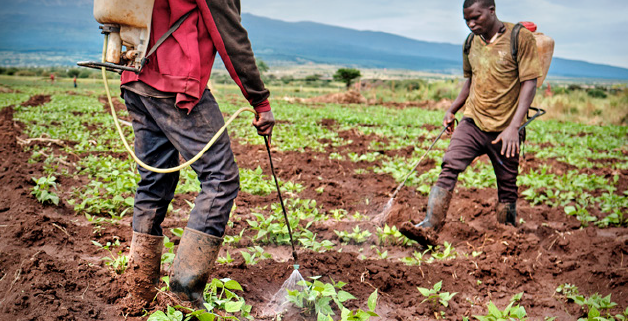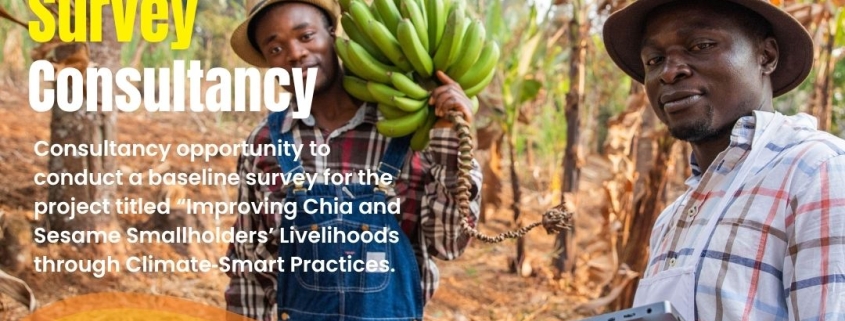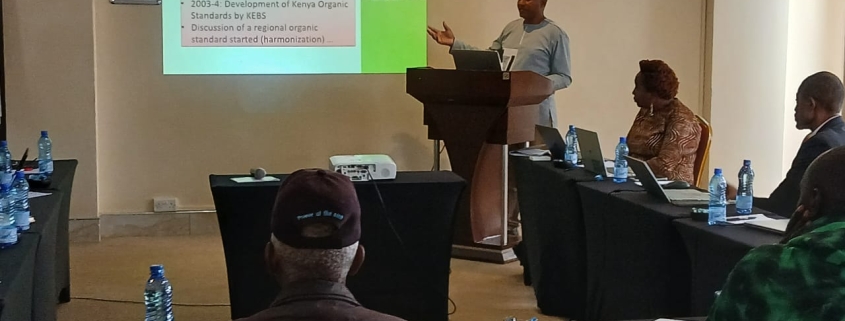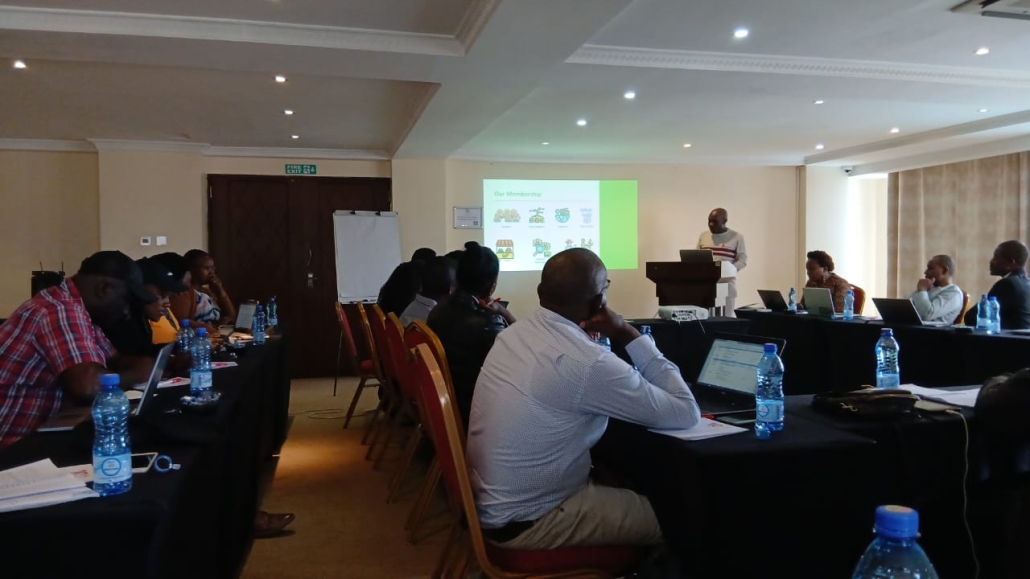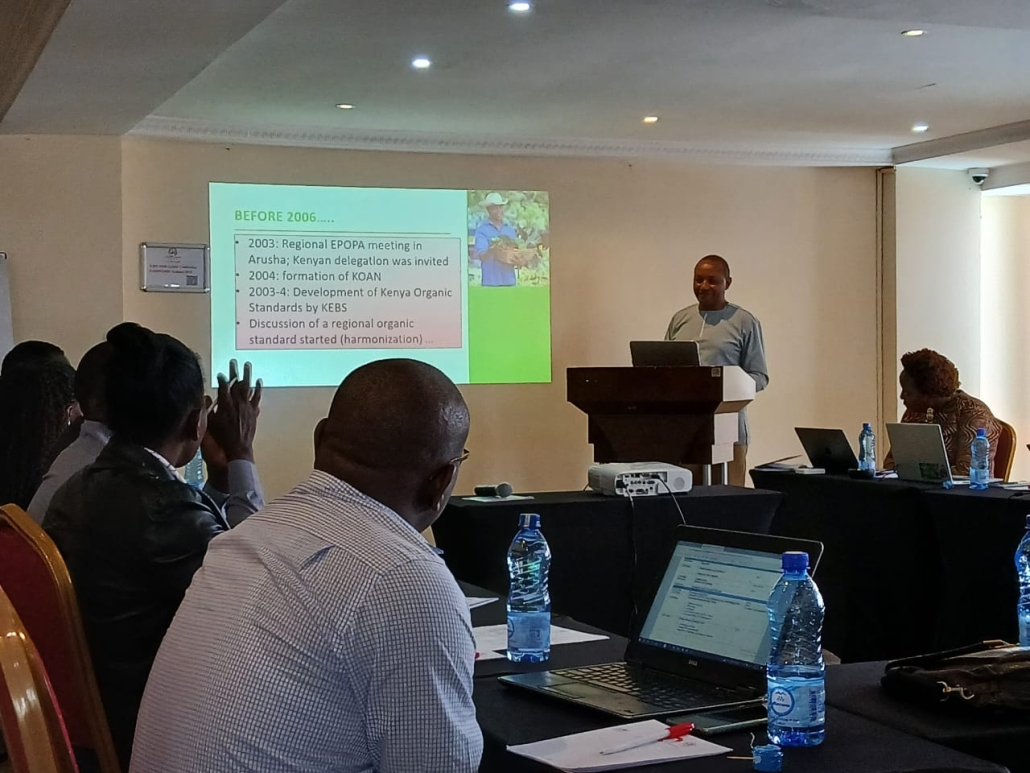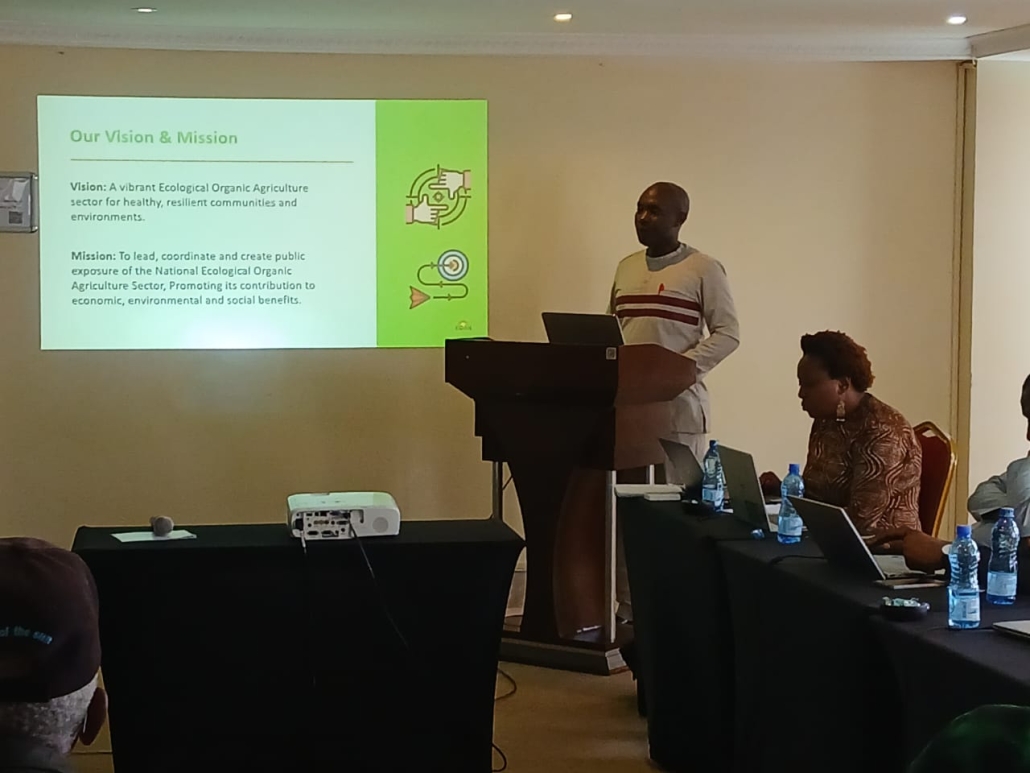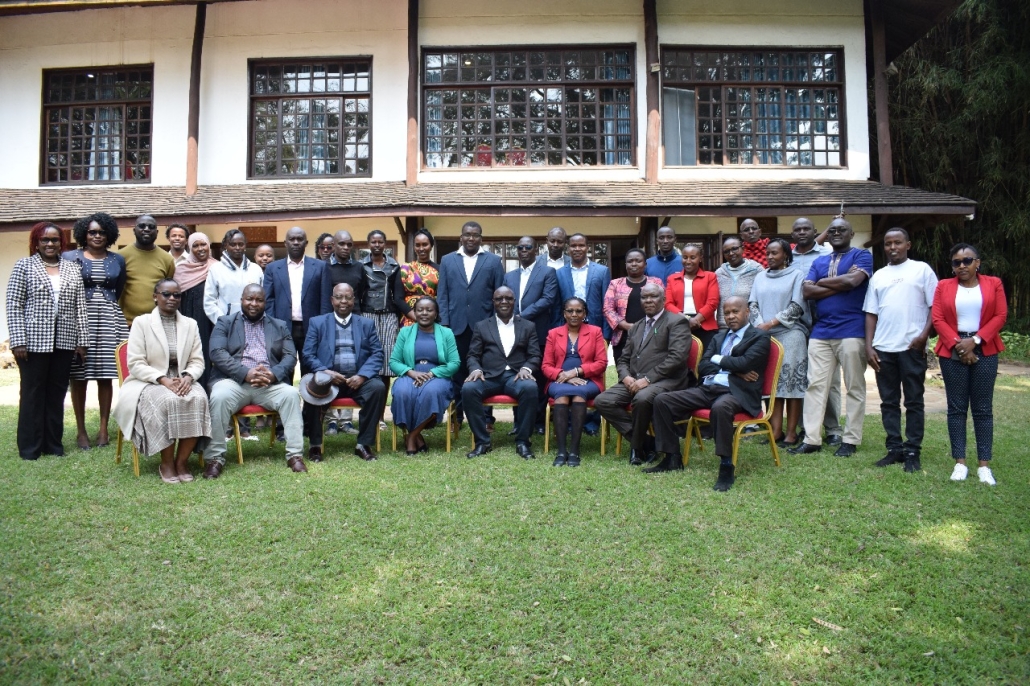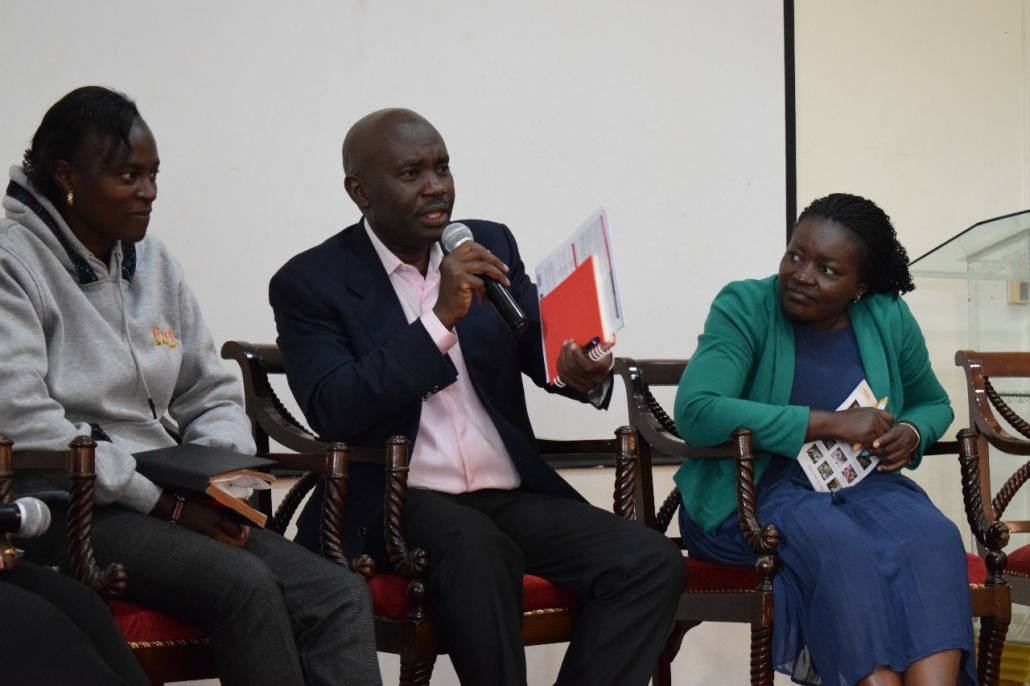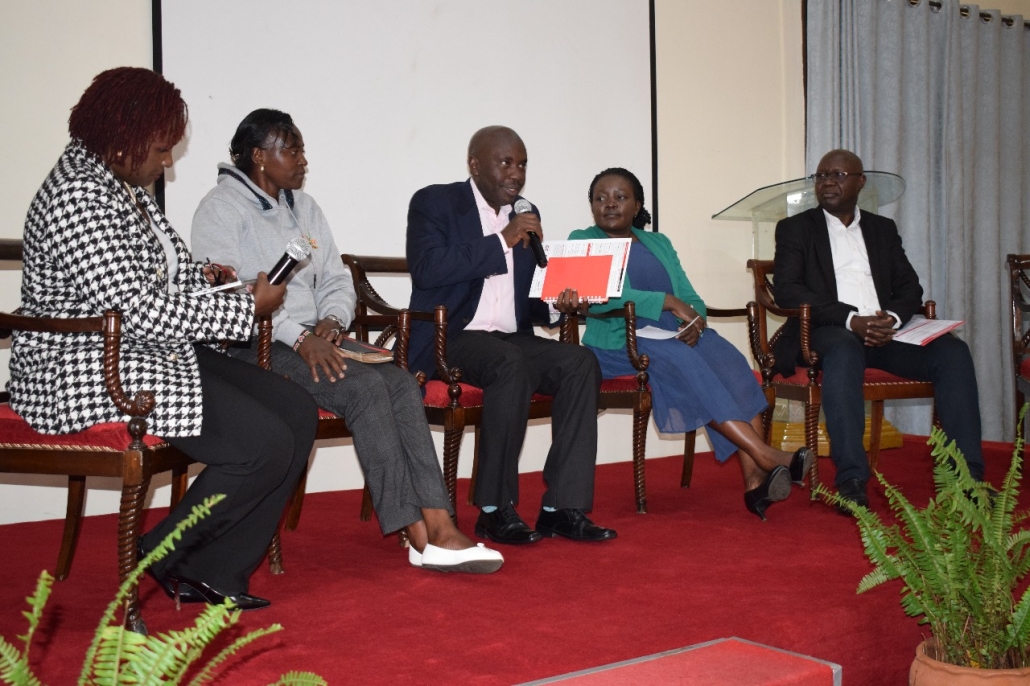Poison for Profit: EU Double Standards Harming Kenyan Farmers and Ecosystems
A new report titled “Poison for Profit – The Cost of EU Double Standards on Biodiversity, Human Health and Livelihoods” has revealed a concerning practice: European companies are exporting pesticides banned within the EU to Kenya and other developing countries, with devastating consequences for people and the environment.
The report, produced by Swedwatch in collaboration with the Kenya Organic Agriculture Network (KOAN) and Swedish Society for Nature Conservation (SSNC), documents the human and ecological costs of these exports.
Toxic Trade, Toxic Impact
Field research in Kenya uncovered widespread health and environmental effects linked to the use of these hazardous chemicals.
Farm workers and community members reported symptoms ranging from skin and eye irritation, respiratory problems, and in some cases, fatal poisonings. Health professionals noted increasing cancer rates in agricultural regions, while farmers observed alarming declines in biodiversity including the disappearance of bees and other pollinators crucial to food production. Contaminated water sources have also been reported in heavily sprayed areas.
Despite Kenya’s recent move to ban 77 highly hazardous pesticides and restrict over 200 others, the influx of banned EU pesticides continues to undermine local regulatory progress and endanger both human health and ecosystems.
A Call for Global Accountability
The report calls on the European Union and pesticide manufacturers to align their trade policies with their domestic safety standards. It urges the EU to prohibit the export of pesticides that are banned within its borders and to support countries like Kenya in transitioning towards safer, agroecological alternatives.
At KOAN, we reaffirm our commitment to promoting organic and agroecological farming systems that safeguard farmers, consumers, and nature. We believe that the pursuit of profit must never come at the cost of human lives or environmental integrity.
“Our farmers deserve access to safe, sustainable farming inputs not to be used as a testing ground for products deemed too dangerous elsewhere.”
Read the Full Report
To explore the detailed findings, personal testimonies, and policy recommendations, download the full report below:
👉 Download the Report: Poison for Profit
Read Swedwatch Article: The Cost of EU Double Standards on Biodiversity, Human Health and Livelihoods

